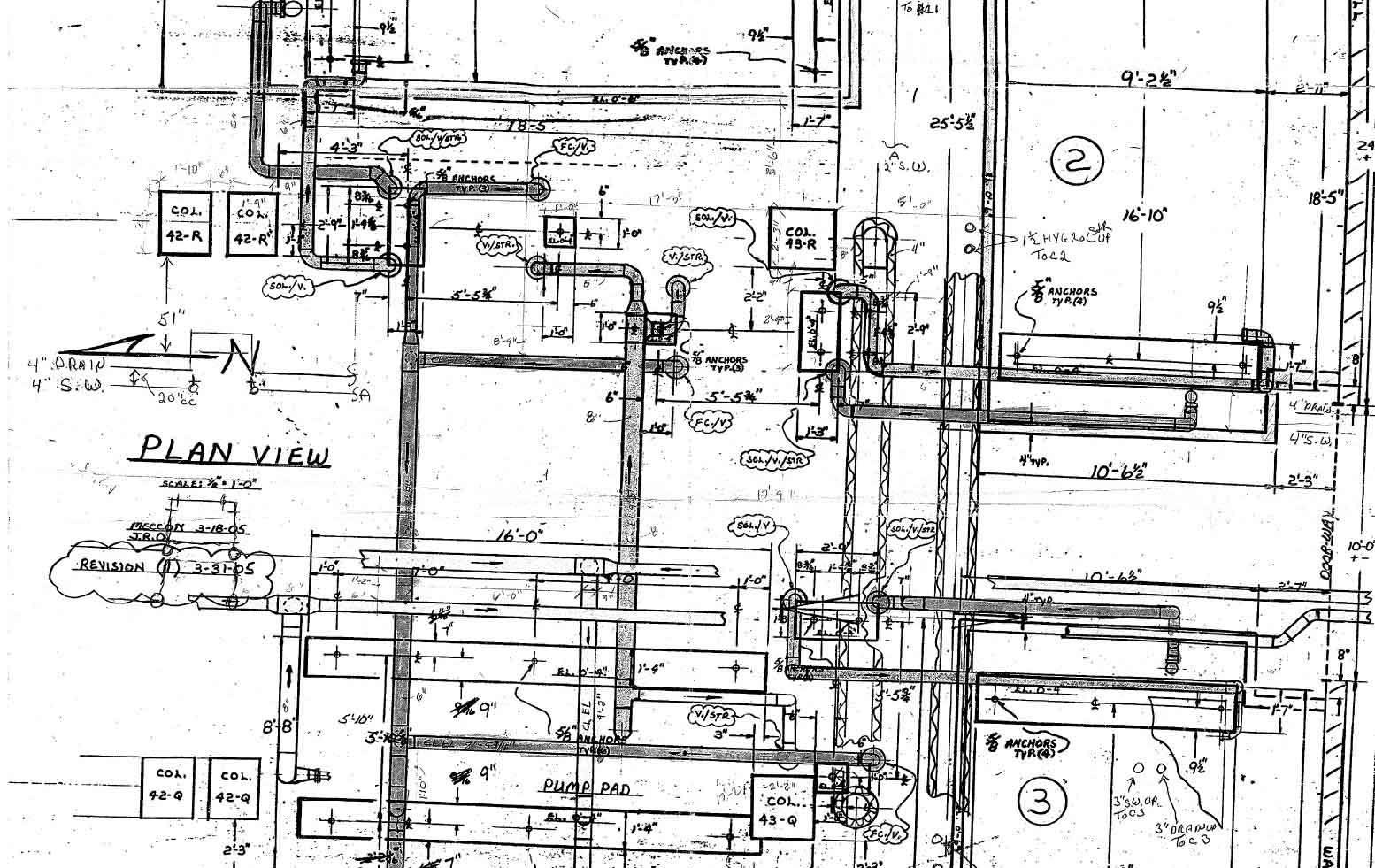
What’s your perfect water temperature? It’s harder to answer than you thought, right? Ice cold water is the perfect drink for a hot day, but your shower needs to be warm and relaxing.
Setting a temperature for your water heater can be just as tricky. The Occupational Safety & Health Administration (OSHA) recommends a factory setting of 140 degrees Fahrenheit, while the EPA suggests keeping your setting around 120 degrees, for the sake of efficiency.
How do you know what temperature setting is right for you? Setting your water heater’s thermostat can be a matter of personal preference or a decision based around your family’s needs and concerns.
Here’s the best way to set your thermostat, if you’re most worried about…
Saving Money
If scrimping and saving is a top priority, try turning down your water heater to 120 degrees. This helps you save money by reducing standby losses (the heat that your water heater gives off to the surrounding basement area) and consumption (or the amount of hot water you use around the house). The government estimates that you can help save between $12 and $30 dollars annually for every ten degrees that you lower your water temperature.
Killing Bacteria
To help prevent the spread of Legionnaire’s disease, experts recommend keeping your water heater at 140 degrees or higher, as higher temperatures are generally better for killing off pathogens like Legionella. If your water has an unpleasant smell, raising the temperature may also may be a way to help kill off some of that odor-causing bacteria.
Preventing Scalding
If your household is home to children or older adults, who can be more susceptible to burns, consider keeping your water heater at 120 degrees to reduce the risk of scalding. To minimize risk even further, you might also consider investing in temperature-regulating devices – including mixing valves – on the taps your family uses for washing and bathing.
Using Your Dishwasher
Most modern dishwashers come with heaters that regulate their internal temperature. Some older-model dishwashers, though, do not have built-in booster heaters to preheat water. For these units, you may want to keep your hot water temperature between 130 and 140 degrees to help make sure that your dishes come out as clean as can be.
Maintaining Your Unit
Is your water heater making a strange rumbling noise? The issue might be sediment buildup. Keeping your heater at a lower temperature – 120 degrees – can help to slow mineral buildup and corrosion within your unit and your system’s pipes.
How Do I Check My Unit’s Temperature?
Once you’ve figured out what temperature you want your water, it’s time to adjust your system.
Your water heater should come with an adjustable thermostat. On a gas heater, this dial is probably located near the bottom of the tank. It may come with a range of settings (“WARM” to “HOT”), rather than exact temperatures.
With an electric unit, the dial may be located behind a plate or screw-off panel. There may also be two thermostats, for the upper and lower heating elements. Make sure you shut off the electrical current to the water heater before opening any panels or making any adjustments.
In either case, testing your water temperature is fairly easy. Run the faucet furthest from your heater for up to a minute (or as long as it takes to get as hot as possible). Collect the water in a mug or thermos and, using a thermometer, get a read on the temperature. After you adjust your thermostat setting up or down, perform this test again to make sure the temperature is where you want it – on many units, the dial settings can be vague or approximate.
The water heater is one of the most important parts of your home’s system, and it’s important to know how it works. For any more questions about your water heater, plumbing, or HVAC systems – or to set up an appointment for service, day or night – give Combat Plumbing a call!








